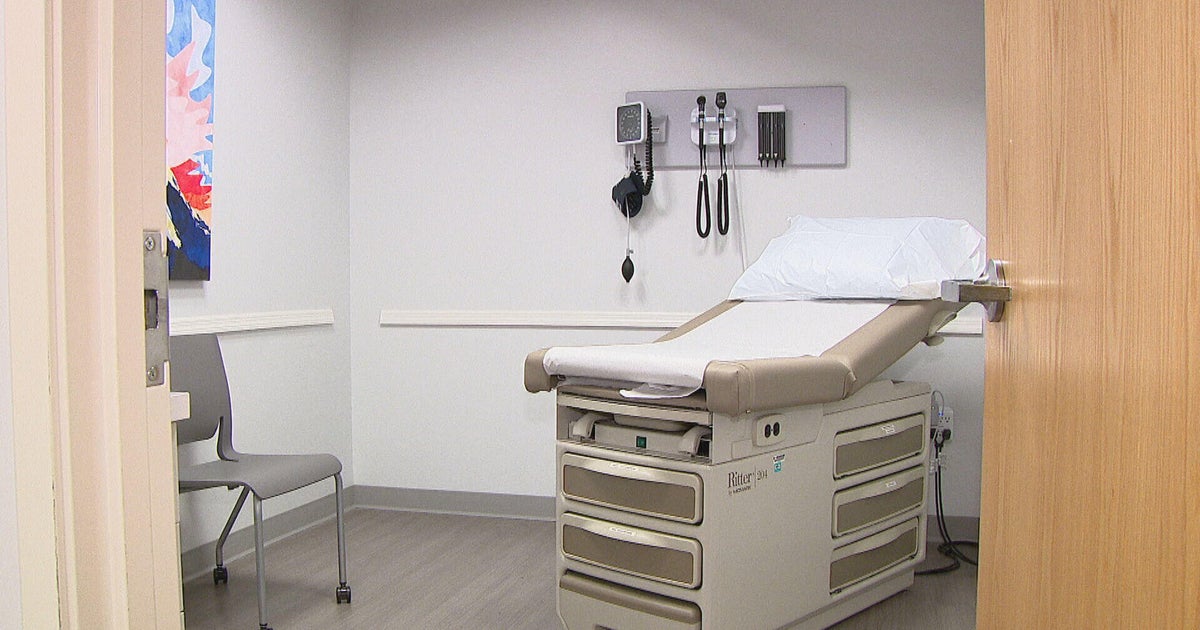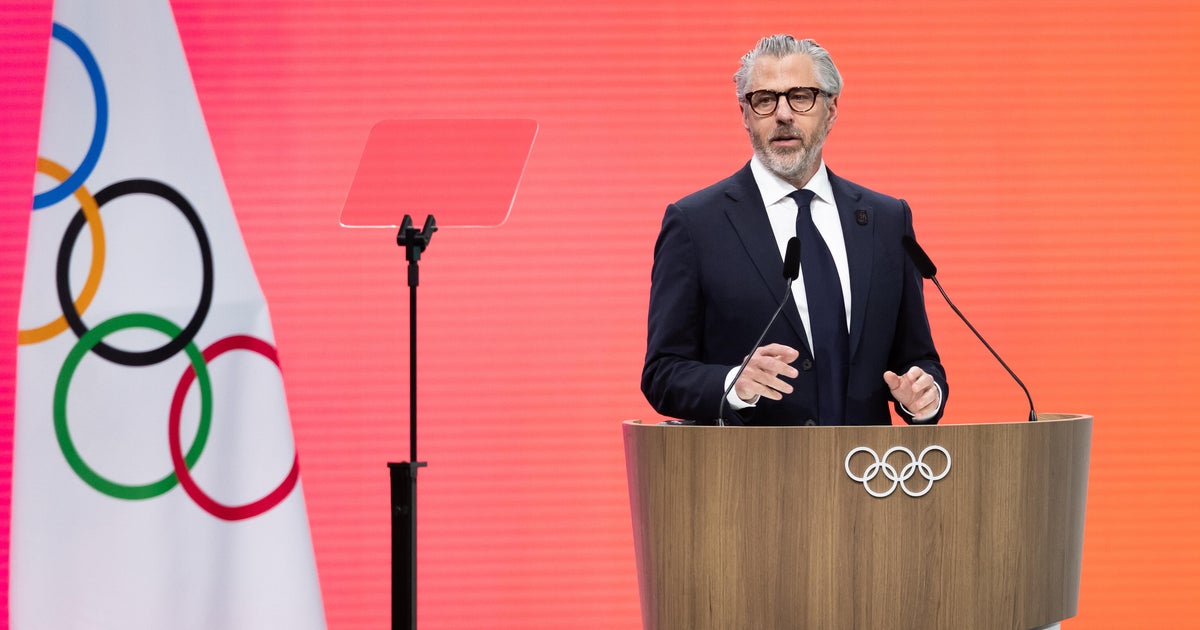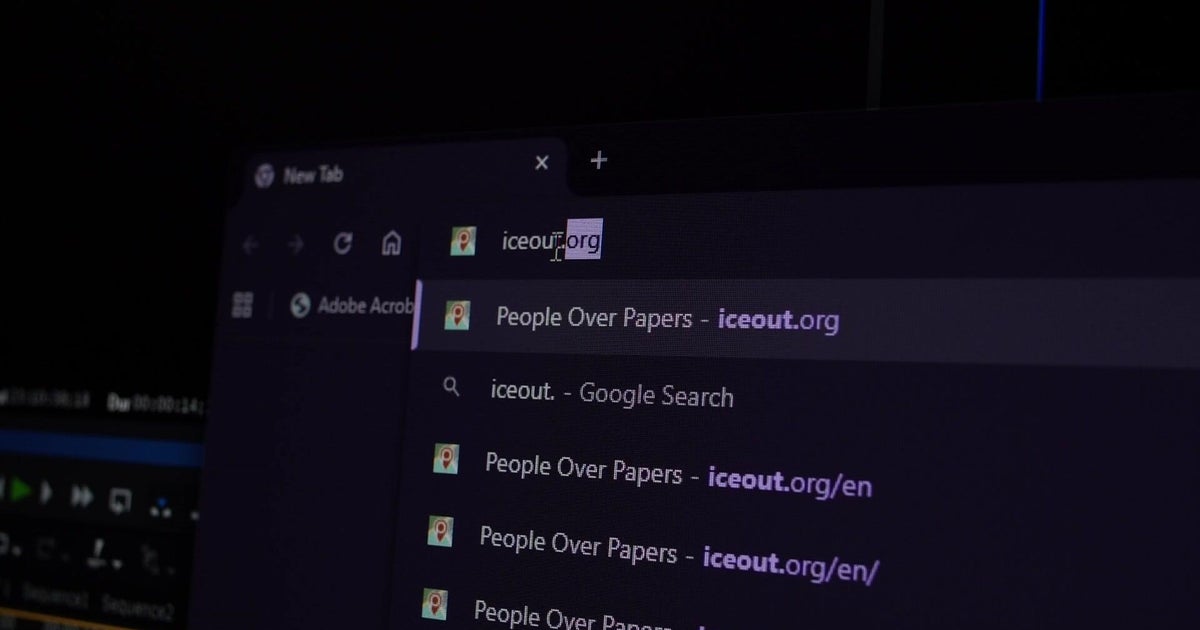NPR Chief Says Network Positioned for Growth After Struggles
WASHINGTON (AP) -- After years of leadership changes and funding deficits, NPR's new president and CEO says the public radio network has turned a corner and is positioning itself to grow its already sizable audience, along with its journalistic content and funding from donors.
Jarl Mohn, a longtime radio and television executive who created E! Entertainment Television, helped launch MTV and VH1 and formed his own venture capital firm, has led NPR for nearly a year. While Mohn may seem like an outside choice for public radio, his commercial media roots, investments in new media and his 12 years on the board of Southern California Public Radio may prove critical in charting NPR's future.
For the first time in six years, NPR is set to break even financially in 2015, Mohn told a group of Associated Press journalists this week. Its audience of 28 million to 30 million listeners remains strong but mostly flat, though the amount of time spent listening has declined. That's something he wants to fix.
Behind the scenes, the Washington-based network has struggled with multi-million-dollar deficits, leading to cuts in staffing and other costs. Mohn was also NPR's fifth acting or permanent CEO in six years. He has signed on for five years.
Now with the nonprofit network on firmer financial footing, Mohn said NPR is looking to grow its audience and raise its ambitions in fundraising to draw larger donations from foundations and wealthy individuals and more corporate sponsorships.
"We've got the organization on great financial footing now," Mohn said. "It gives us flexibility to kind of spread our wings a little bit and try some innovative and creative ideas."
The network also has taken steps to create new potential businesses to engage audiences with live events -- including ticketed shows produced with local stations to showcase popular NPR personalities. And NPR held its first "up front" event with advertising agencies to capitalize on the resurgence of podcasting, which now generates 65 million to 80 million downloads monthly.
To Mohn, the popularity of podcasts in recent years -- from the breakout "Serial" series produced by Chicago's WBEZ to NPR's "Invisibilia" series -- proves there's fresh interest in public radio content. Advertisers have noticed as well. Revenue from podcast sponsorships is up 200 percent since 2013.
For decades, media companies thought the key to reaching younger audiences was shorter, faster, flashy stories -- but podcasts have proven the opposite can work, Mohn said. The average podcast listener is 37, while the average radio listener is 54.
"We don't have to change the essence of who we are to get a younger audience. We just need to tell great stories," Mohn said. "You can do really thoughtful, long, slow, not-glitzy stories and keep the young audience riveted with great storytelling."
While it's helpful to have a "new shiny toy" with podcasts building excitement, Mohn said NPR is primarily focusing on its two flagship newsmagazines, "Morning Edition" and "All Things Considered." Each draws about 12 million listeners a week and airs much of NPR's content. Still, he sees potential for growth.
As a longtime radio DJ early in his career, Mohn created a contest this year among local stations to increase their promotions for "Morning Edition" to 100 announcements a week. About 9 out of 10 stations ended up joining the competition to create the most creative promotions.
Mohn said public radio can learn a thing or two from the personality and buzz that commercial stations generated in the past. He said he's reminding radio producers of the importance of connecting with their audiences.
"It's basics," he said. "It's blocking and tackling that a lot of people may have forgotten just because year after year after year, things have drifted."
Even more important, he said, is ensuring that NPR is producing the most compelling stories possible. The network is looking to build on its strengths in international reporting, science news and other areas to differentiate NPR from other media choices, he said.
In the years ahead, some shows such as reruns of "Car Talk" will likely end, and NPR may develop new shows to offer stations.
On the business side, Mohn said many public media fundraisers "aren't as bold as they can be." Many wealthy individuals and institutions simply have not been asked for significant gifts to support NPR's public-service mission.
"We want to change that," he said. "So I'm wildly optimistic that we can do that."







